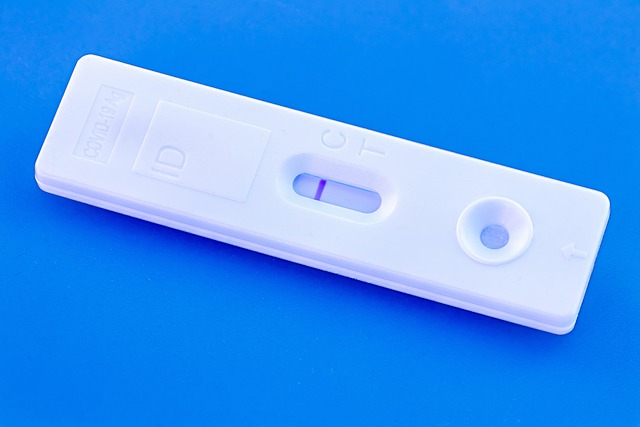Interpreting full body blood test results is a key step in assessing overall health and identifying areas for improvement, offering insights into cholesterol levels, blood cell counts, and organ function markers. By comparing these to reference ranges, healthcare professionals can detect abnormalities like hepatic inflammation or vitamin D deficiency, prompting informed lifestyle changes such as diet, exercise, and supplements. This proactive approach, enabled by full body blood test results, empowers individuals to take control of their well-being and promote long-term vitality.
“Uncover the power of full body blood tests—a comprehensive health assessment tool that offers insights into your overall well-being. These tests go beyond basic markers, analyzing various components of your blood to detect early signs of imbalances or potential health risks. In this article, we’ll explore what these tests measure, from nutrient levels and immune function to organ health and inflammation. By understanding the results, you can personalize health management strategies for a proactive approach to well-being.”
- Understanding Full Body Blood Tests: What They Measure and Why They Matter
- Interpreting Results and Personalizing Health Management Strategies
Understanding Full Body Blood Tests: What They Measure and Why They Matter
Full body blood tests, also known as comprehensive metabolic panels (CMP), offer a wide-ranging assessment of your overall health and vital organ functions. These tests measure various parameters such as red and white blood cell counts, electrolytes, glucose levels, liver enzymes, and kidney function markers. By providing a holistic view of your body’s internal environment, full body blood tests help identify potential health issues early on, even when symptoms are subtle or absent.
Understanding the data from these tests is crucial for proactive health management. For instance, abnormal levels of certain enzymes can signal liver or kidney problems, while deviations in electrolyte balance may indicate dehydration or other metabolic disorders. Regular monitoring through full body blood tests enables individuals and healthcare providers to make informed decisions about lifestyle changes, dietary adjustments, or necessary medical interventions, ultimately promoting better health tracking and management.
Interpreting Results and Personalizing Health Management Strategies
Interpreting results from a full body blood test is a crucial step in understanding your overall health and identifying areas for improvement. Each result provides valuable insights into different aspects of your well-being, such as cholesterol levels, red and white blood cell counts, and organ function markers. By comparing these findings with established reference ranges, healthcare professionals can pinpoint abnormalities or potential risks. For instance, elevated liver enzymes might suggest hepatic inflammation, while low vitamin D levels could indicate a deficiency impacting bone health and immune function.
Personalizing health management strategies becomes more feasible once you have your blood test results in hand. Based on the findings, individuals can make informed decisions about lifestyle adjustments, such as adopting healthier diets, incorporating regular exercise routines, or exploring targeted supplements. Additionally, these insights may prompt further diagnostic testing or consultations with specialists for more tailored interventions. Remember, proactive health management using full body blood test results empowers you to take charge of your well-being and foster long-term vitality.
Full body blood tests offer a comprehensive insight into overall health, providing valuable data for personalized management strategies. By understanding what these tests measure, individuals can actively participate in their healthcare journey. Interpreting results enables folks to make informed decisions, fostering a proactive approach to wellness and enhancing quality of life. Embracing full body blood testing as a tool for regular health tracking is a step towards a healthier future.
